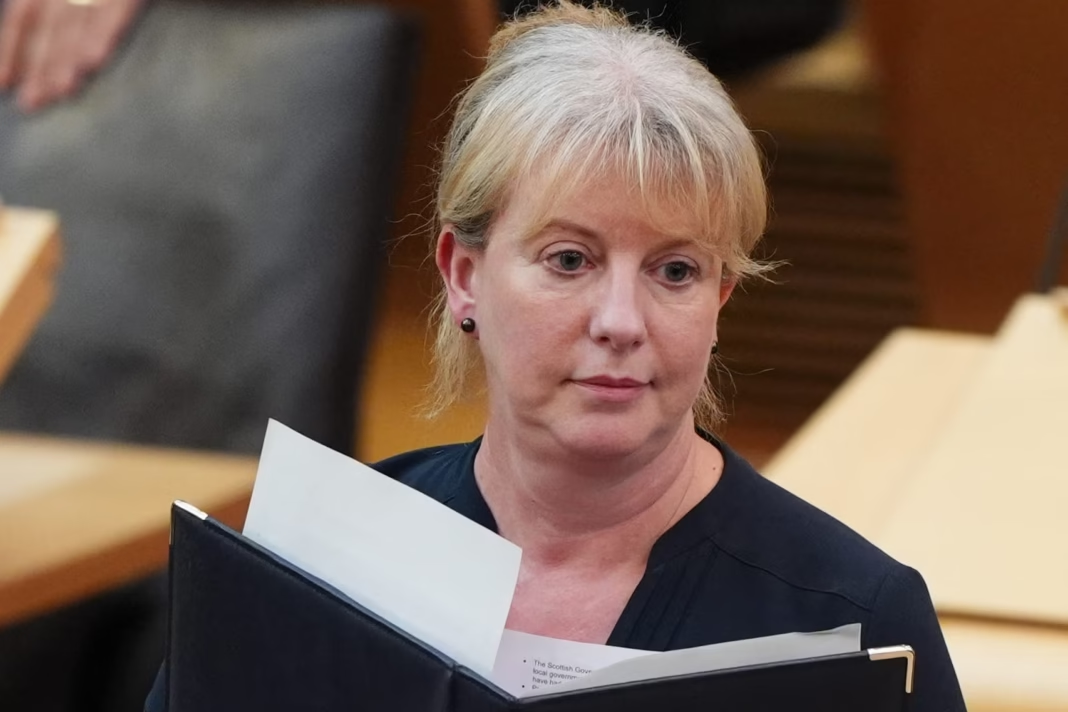New Treasury figures reveal that while Scotland’s total government spending is set to increase from £48.2 billion in the upcoming financial year to £53.5 billion by 2029-30, cuts announced in Rachel Reeves’s Spring Statement will leave the Scottish Budget nearly £900 million smaller than previously expected.
Analysis from the Fraser of Allander Institute at the University of Strathclyde indicates that reductions in UK departmental spending will result in approximately £435 million in cuts to Scotland through the Barnett formula. Additionally, a further £455 million reduction is anticipated in 2029-30 due to welfare spending cuts across the UK. Since control over some benefits has been devolved to the Scottish Government, funding is allocated based on equivalent UK welfare spending. Experts warn that for every £1 billion cut in UK welfare spending, Scotland’s budget shrinks by around £116 million.
Concerns are mounting over the financial strain this will place on Scotland’s budget, particularly as the Scottish Government has implemented a more generous benefits system with fewer eligibility restrictions. This could force Scottish ministers to either impose similar benefit reductions, cut spending on other public services, or introduce further tax hikes.
Scottish Finance Secretary Shona Robison criticized the Chancellor’s statement, calling it an “austerity-driven attack on the most vulnerable.” She accused the UK Government of “balancing the books on the backs of disabled people” and “short-changing” the public sector by failing to fully compensate for increased employer National Insurance contributions.
However, the Chancellor defended the spending plans, stating that Scotland, Wales, and Northern Ireland had received “the largest settlements in real terms in the history of devolution.” Ian Murray, Labour’s Scottish Secretary, pointed out that the Spring Statement provides an additional £28 million in funding for Scotland, on top of a £4.9 billion boost announced in last year’s Budget. He described it as “the biggest budget settlement in the history of devolution” and urged the Scottish Government to use the funds wisely to improve struggling public services.
Economic analysts warn that while Scotland’s budget will increase in the short term, significant cuts are looming in later years. The Scottish Government’s block grant is expected to be reduced by £200 million in 2028-29 and £435 million in 2029-30. Changes to Personal Independence Payment (PIP) in the rest of the UK will also impact Scotland, with the block grant expected to shrink by £177 million in 2027-28 and ¤455 million in 2029-30.
Despite these challenges, Scotland is set to receive nearly £250 million in additional funding for infrastructure projects by the end of the decade, thanks to increased UK capital spending. Dr. Liz Cameron, chief executive of the Scottish Chambers of Commerce, acknowledged concerns over slow economic growth but welcomed the Chancellor’s emphasis on government efficiency. “Reducing costs and improving productivity is a daily concern for businesses, and public finances should be managed with the same discipline,” she said.
For more political updates, visit London Pulse News.


